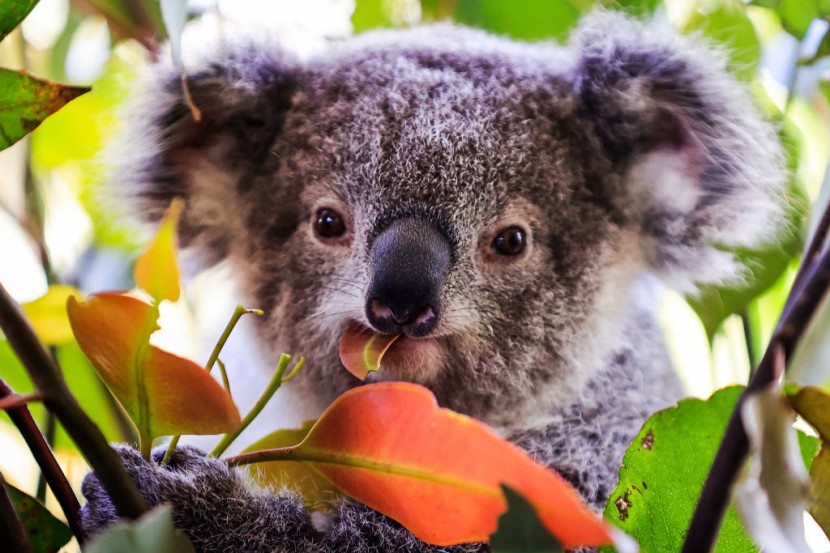
The Australian government announced the new conservation classification of Koalas from vulnerable to endangered due to various threats affecting their population over the years.
The federal government has updated the status of koalas in New South Wales (NSW), Queensland, and the Australian Capital.
Territory (ACT) after the Threatened Species Scientific Committee advised the government to raise koala protections after a study in response to the devastating bushfires in 2019 and 2020, per Al Jazeera.
The move also tracks the consequence of extended drought, the Black Summer bushfires, disease, and habitat loss over the past 20 years on the endangered koala bears.
According to Environment Minister Sussan Ley, the Australian government implemented an "unprecedented action" to protect koalas. Per ABC, part of the efforts is the commitment to allocating around $50 million funds to conservation programs.
The federal government will seek an agreement with its counterparts in NSW, Queensland, and the Australian Capital Territory on a national recovery plan for the endangered koala bears that are native to Australia.
"Bittersweet" But Necessary
In 2020, the World Wide Fund for Nature (WWF)-Australia, the International Fund for Animal Welfare (IFAW), and Humane Society International proposed the changing of classification of koalas after a study revealed that the population of koalas declined by about 50 percent in Queens in 2001. In New South Wales, the population dropped 62 percent.
The new designation, according to WWF-Australia, is a "bittersweet" consequence but a necessary step in the right direction to reverse the losses.
IFAW Oceania Regional Director Rebecca Keeble describes the decision as a "double-edged" sword.
"We should never have allowed things to get to the point where we are at risk of losing a national icon. It is a dark day for our nation," she said in a statement.
Keeble added that the situation of the koala should be a wake-up call to Australia to speed up plans to protect important habitats and address the impact of climate change.
Experts believe that thousands of koalas were among the native animals that were killed during a wildfire that swept Australia's eastern and southern areas from late 2019 up to the early 2020s.
An inquiry last year in New South Wales, Australia's most populous state, warned the koala could become extinct by 2050.
Environment groups have long argued that efforts to protect the koalas should be strengthened.
Stronger Laws Needed
In a report by The Guardian, WWF-Australia chief executive Dermot O'Gorman's said the koala's classification change from "no listing" to "endangered" within a decade was alarming.
"That is a shockingly fast decline for one of the world's most iconic animals. The endangered status is a grim but important decision by minister Ley."
He believes there is enough time to save the iconic animals the changing of the designation of koalas will serve as a "turning point."
"We need stronger laws and landholder incentives to protect their forest homes," he said.
Since it lowers the threshold at which development must be evaluated under national rules for potentially dire repercussions on the species, the endangered classification will further protect koalas.
The koala's main threats are identified in the recovery plan, as well as the steps that must be taken to save it from extinction.
Related Article: Rat-Born COVID-19 Variant Discovered in New York Sewage; Experts Raise Alerts That Virus May Circulate Among Wild Animals
© 2025 HNGN, All rights reserved. Do not reproduce without permission.








